Guitarist Timothy McTague aims to keep it practical, progressive, and punk rock by relying on import Fenders, stripped-down SGs, and a dialed-in Axe-Fx.
“Tone is not important,” is an interesting phrase to hear while filming a Rig Rundown. But Underoath’s Tim McTague has good reason to shake his head at tone purists.
“Gear infatuation can be super cool because it’s a passion or a hobby, but it’s not necessary for me to do my job. I don’t want to degrade anyone who is into it, but it’s not my thing,” admits McTague.
So, what is his thing? We found that what he had to say during this Rundown echoed what he told PG in 2018 after recording Erase Me.
“One of the special things about Underoath is we’ve always been energy- and vibe-focused. We play as much or just enough to where it gets the point across.”
And during our Rundown, he continued along those sentiments: “To me, what’s important is energy and things that move the needle with a room full of people. My tech Diego Casillas is a tone geek, so when I can get someone to use technology that’s efficient for my onstage focus and sounds awesome, it’s really the perfect marriage.”
While he’s not precious about his gear, the resulting conversation with PG’s Perry Bean at Nashville’s Marathon Music Works before a sold-out show on April 2 was both provocative and pragmatic. He explained why he “doesn’t need to tour with nice guitars” but also acknowledged the benefit of digital gear and programming. He noted that he tries to keep it “punk rock as possible.” Then the next thing he said, sarcastically, was “wanna check out my computer?” All in all, what this Rundown lacks in guitar gluttony, it makes up for in rational substance.
Brought to you by D’Addario XPND Pedalboard.
Solid Guitar Tested
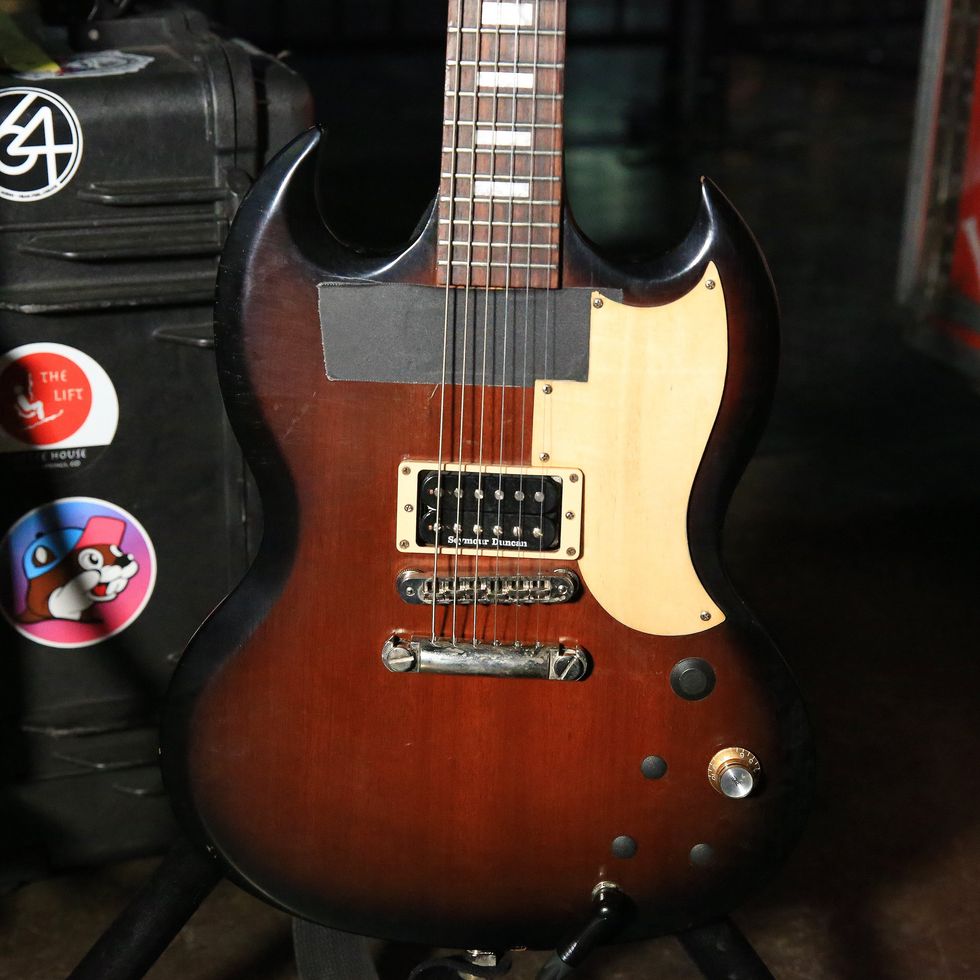
“I’ve broken way too many nice SGs, and I used to like touring with nice guitars, but then I realized I don’t need one,” admits Underoath guitarist Timothy McTague. Instead, he now buys Gibson SG Special HP models, rips everything out, puts in a Seymour Duncan JB humbucker, and wires that pickup straight to a volume pot. The SGs in his touring collection are reserved for drop-D tuning and take Ernie Ball Beefy Slinkys. (His tech programmed his Axe-Fx II XL+ to drop tune certain patches so it sounds as if McTague is playing in drop-C on his SGs, but he is still in drop D.)
Hammer T
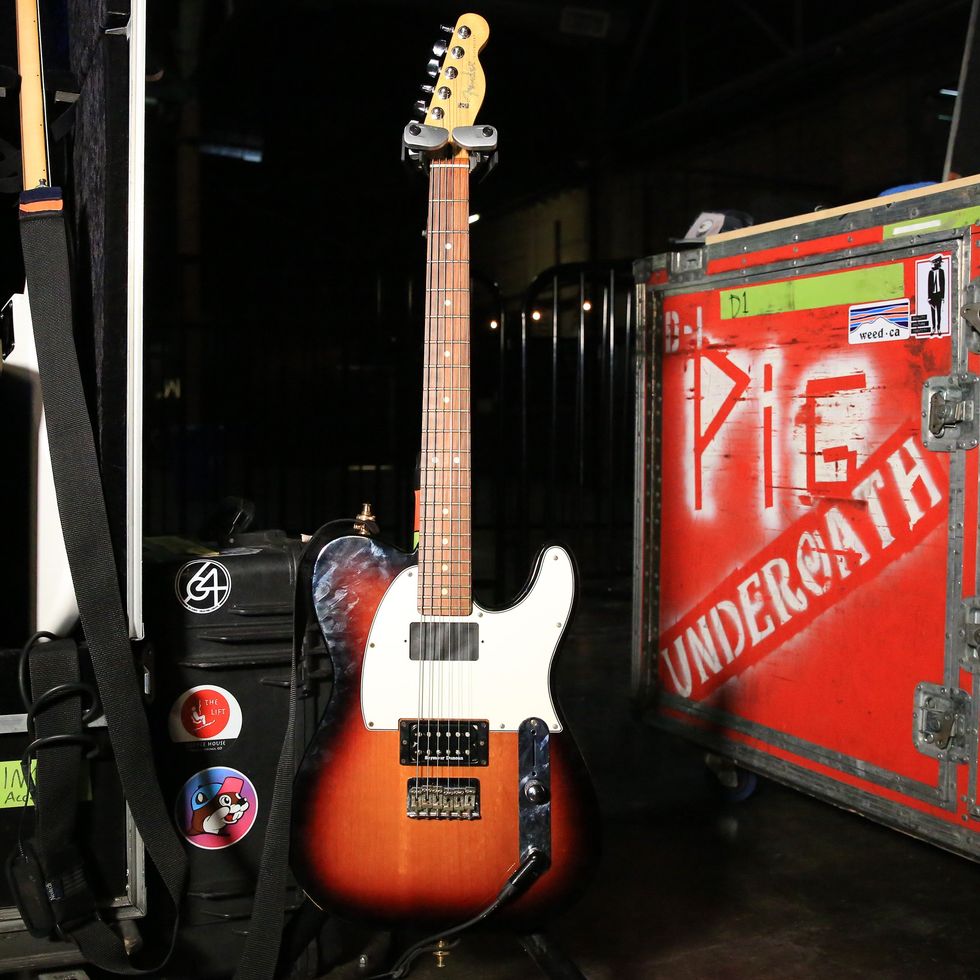
Another tool in his touring chest is a Fender Telecaster HH that has been stripped back to its simplest form, with a Seymour Duncan JB humbucker in the bridge wired straight to the volume knob. McTague attacks all his guitars with Wedgie Delrin 1 mm picks.
The Black Stallion
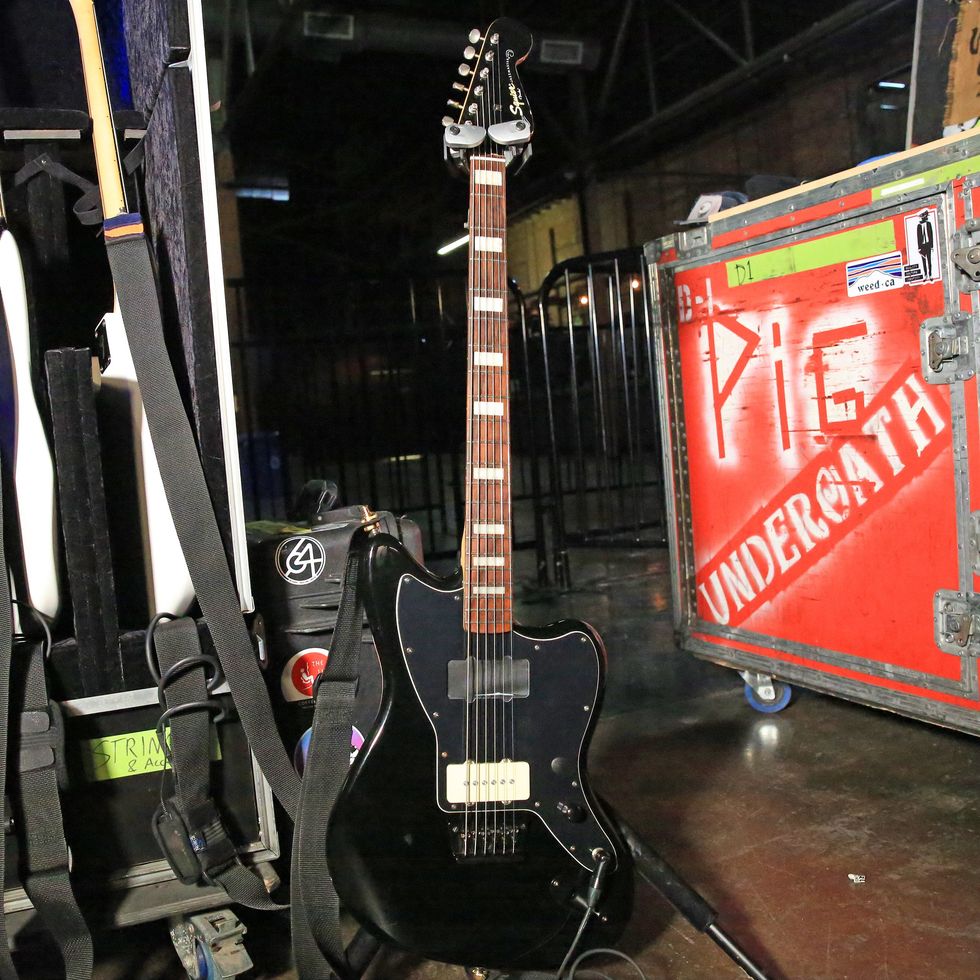
For drop-A songs, McTague will saddle up and ride with this Squier Vintage Modified Baritone Jazzmaster that has a Seymour Duncan JB housed in a JM-style pickup covering. During the Rundown, McTague mentions that he records Underoath’s material with all these instruments. This extended-range rager takes Ernie Ball 6-String Baritone Slinkys (.013–.072).
“Keep It Simple. Don’t Overcomplicate Anything.”
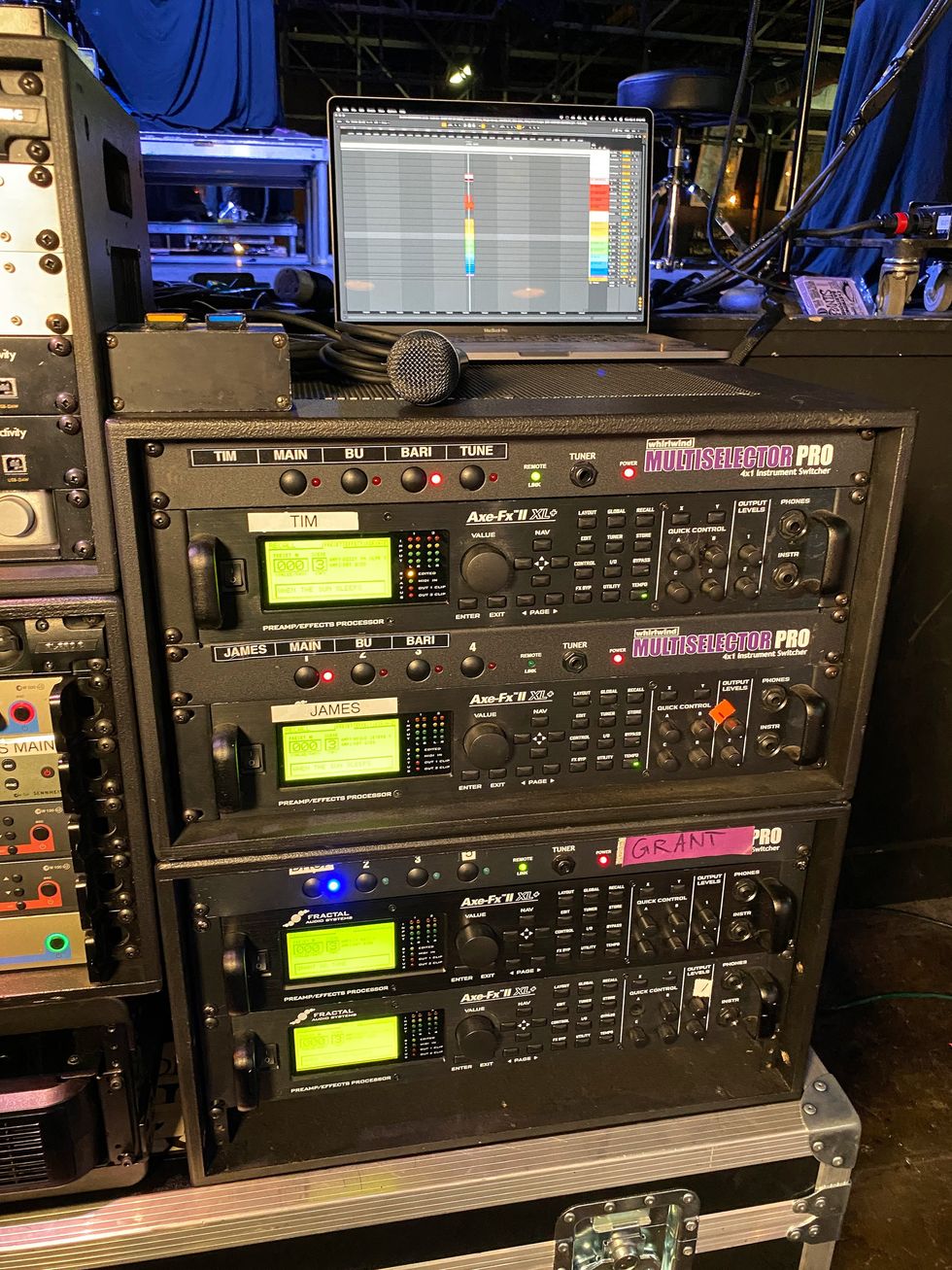
“We break everything, so the less moving parts the better. I don’t want to worry about some cable I accidentally unplugged on my special sky verb I bought for a trillion dollars that takes my whole rig down. Let it rip and let me get back to business,” expresses McTague.
McTague and tech Casillas have every change and scene programmed into the Fractal Audio Axe-Fx II XL+, so nothing needs to be engaged or switched once the show starts thanks to the Abelton Live 11 Suite + Strange Electronic Setlist plugin doing the automation. His base tone starts with the Fractal’s Dizzy V4 Slvr 3, but that’s just the beginning of the architecture that assembles McTague’s live sound.
“Having everything—including patch changes—programmed in the Axe-Fx frees me up to express myself onstage and interact with the audience, without worrying about the technical processes happening behind me,” says McTague.
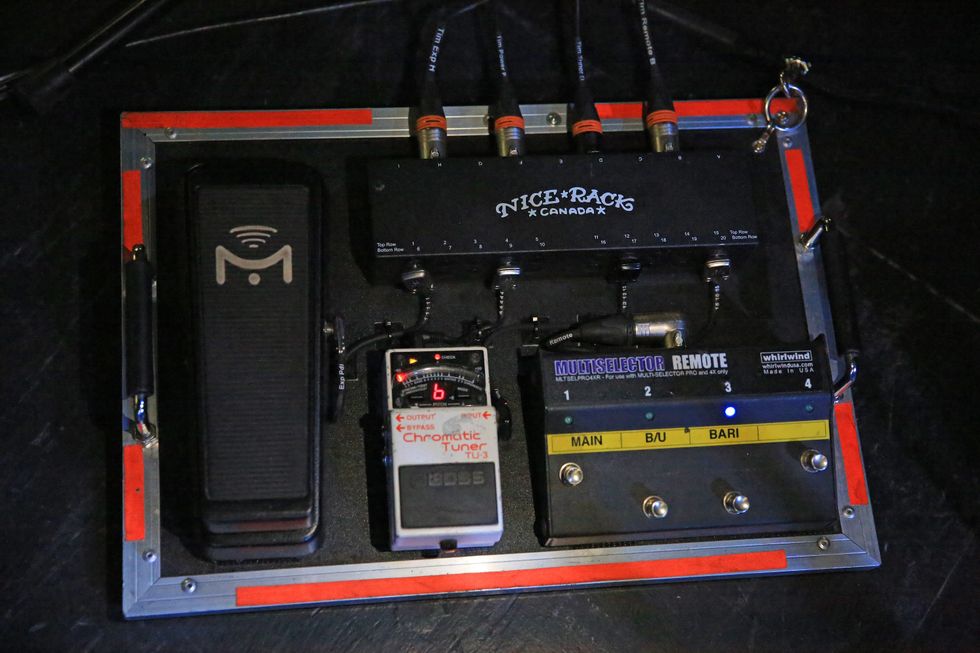
The only thing you’ll see onstage for McTague is this sleek board that has a Mission Engineering SP-1 Expression Pedal for wah settings via the Fractal, a Whirlwind MLTSELPRO4XR MultiSelector Remote, a Nice Rack Canada custom routing box, and a Boss TU-3 Chromatic Tuner.






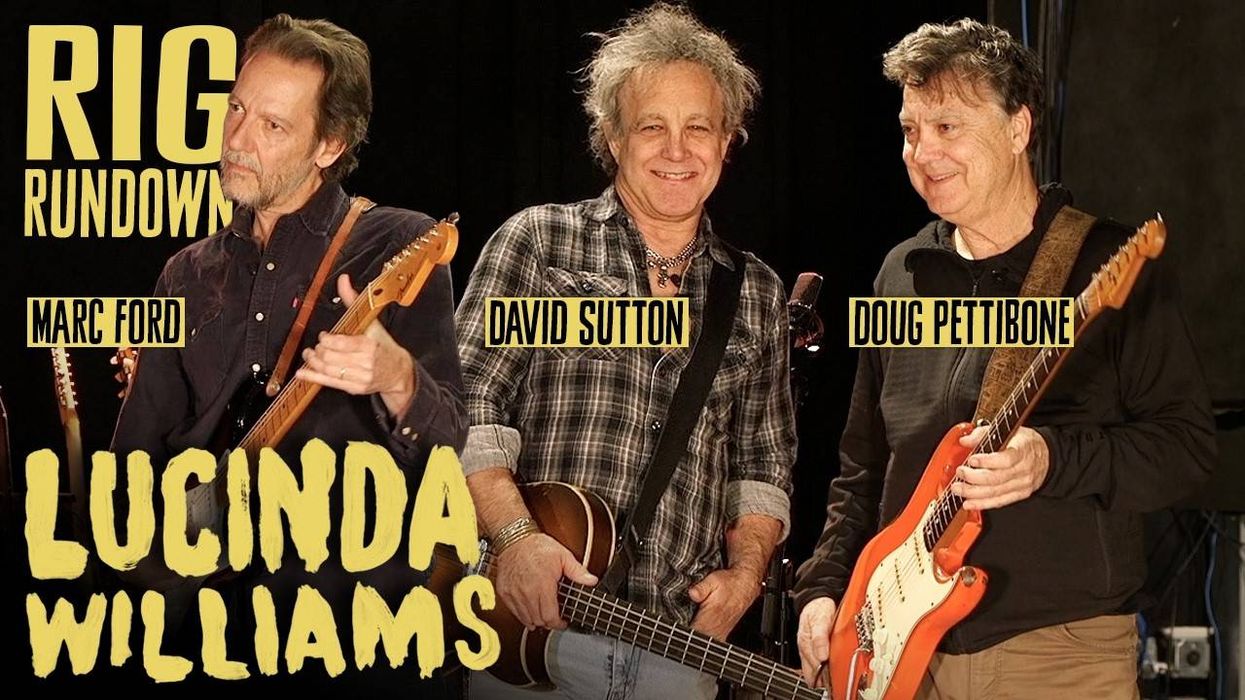
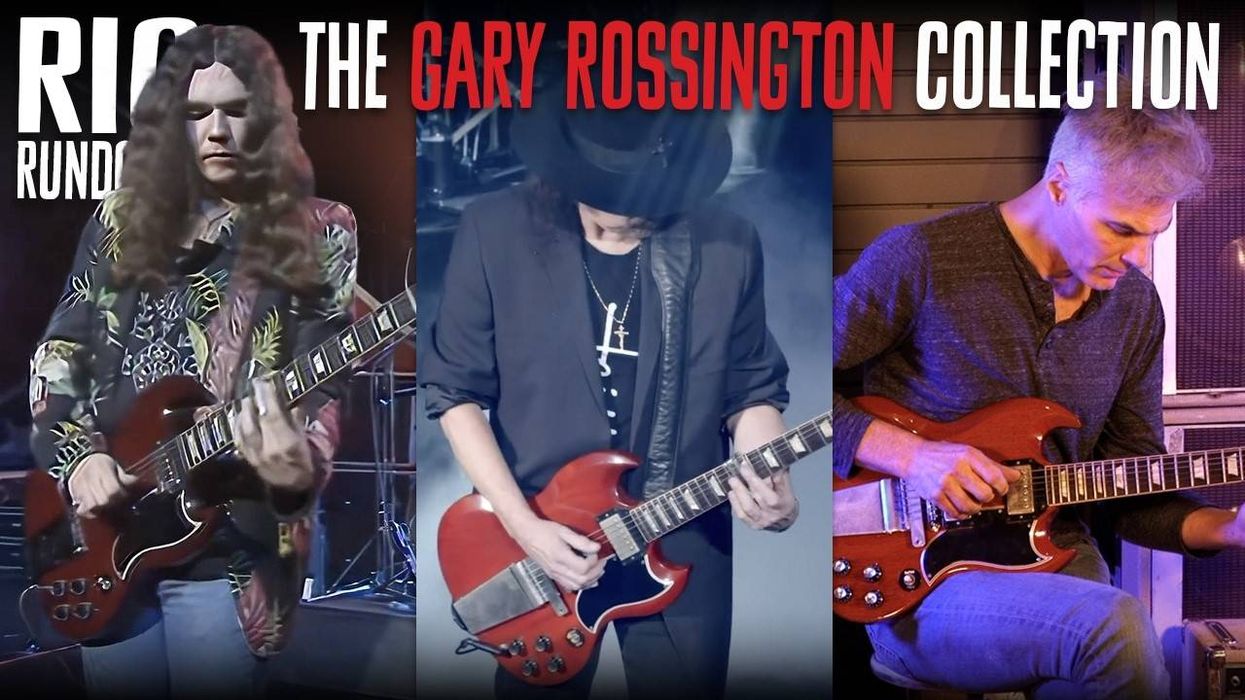
![Rig Rundown: Russian Circles’ Mike Sullivan [2025]](https://www.premierguitar.com/media-library/youtube.jpg?id=62303631&width=1245&height=700&quality=70&coordinates=0%2C0%2C0%2C0)
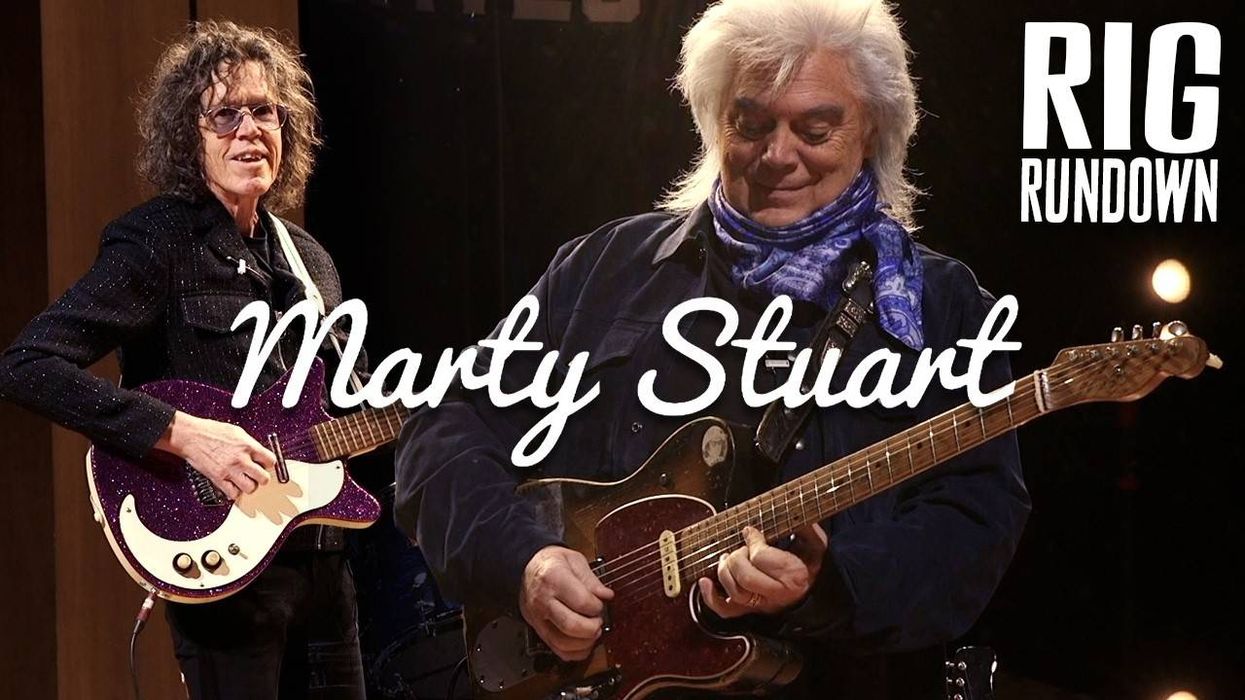
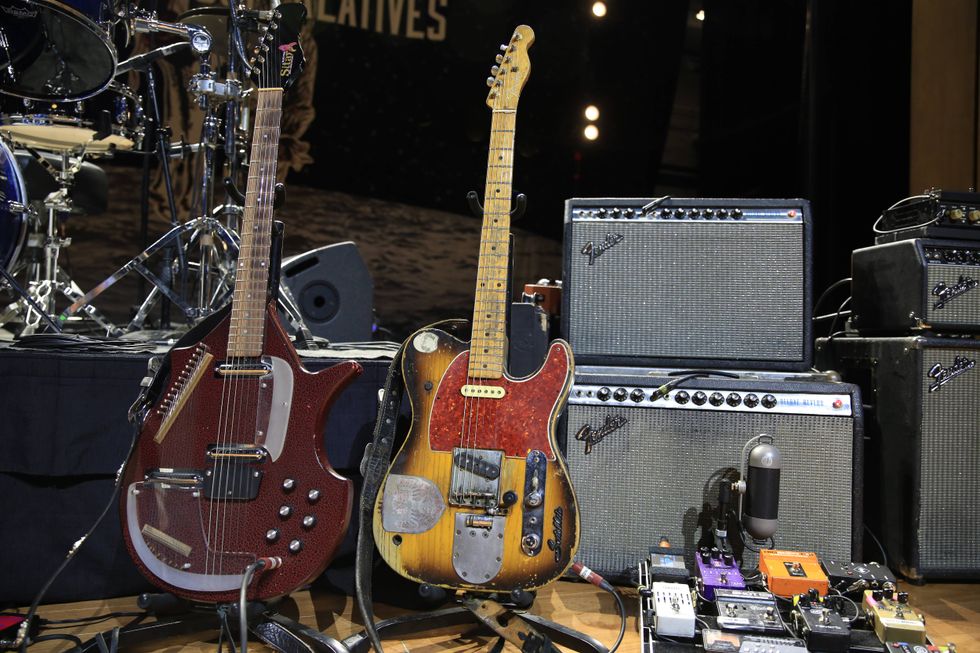
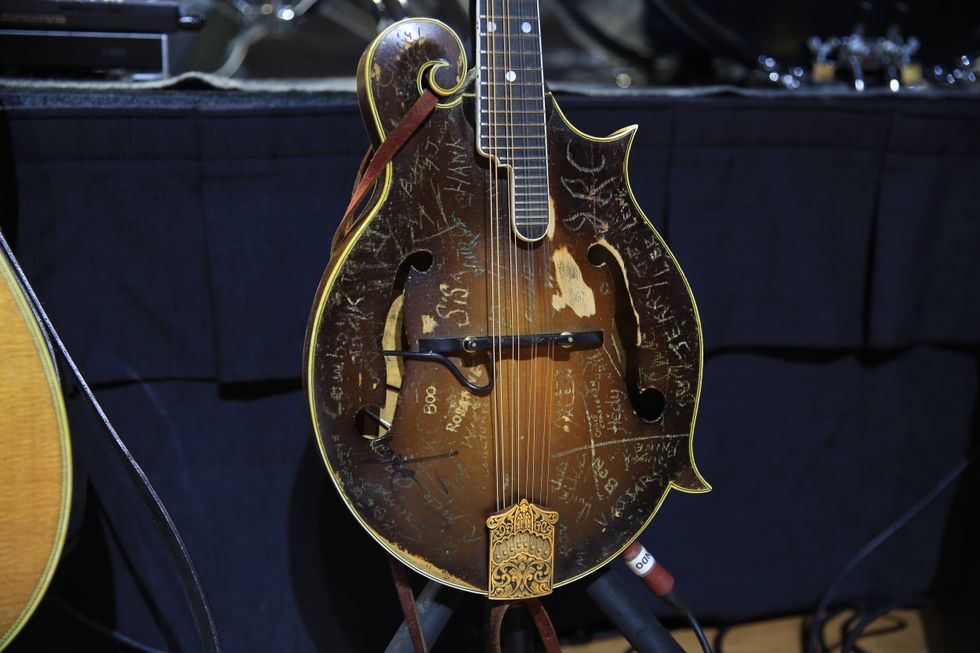
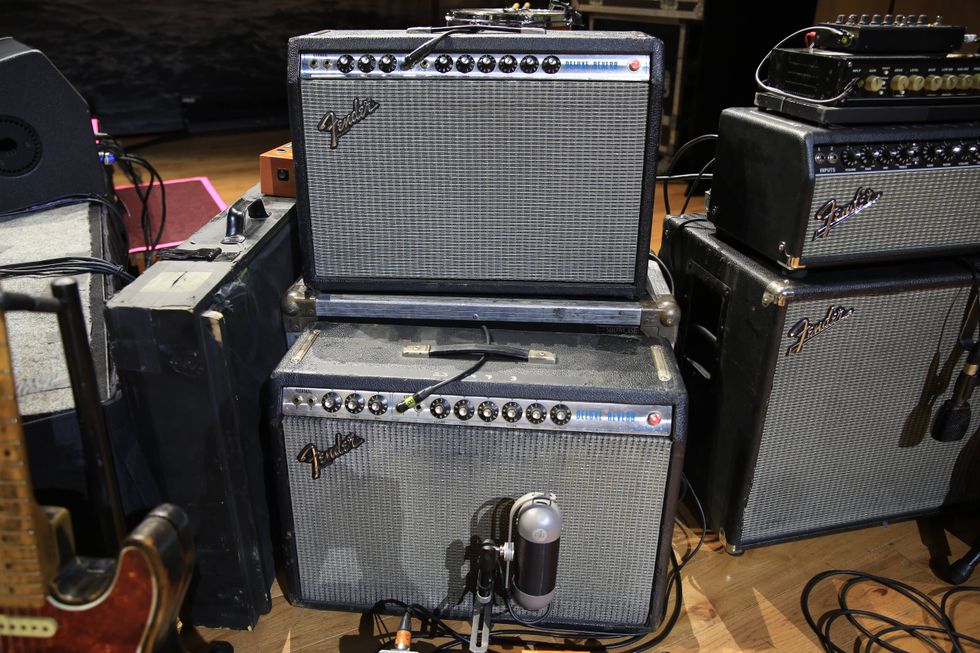
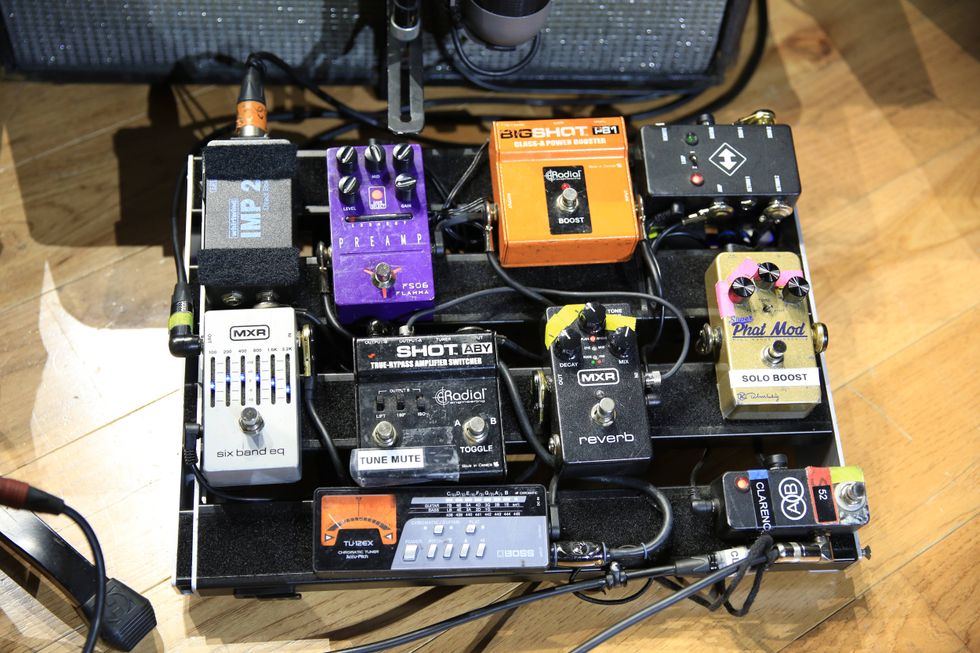
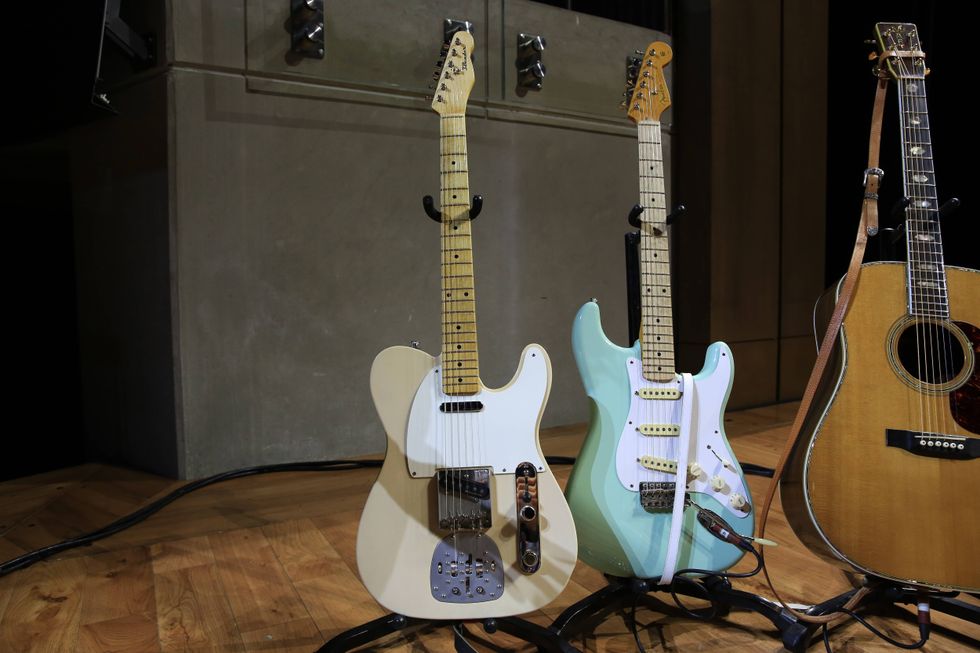
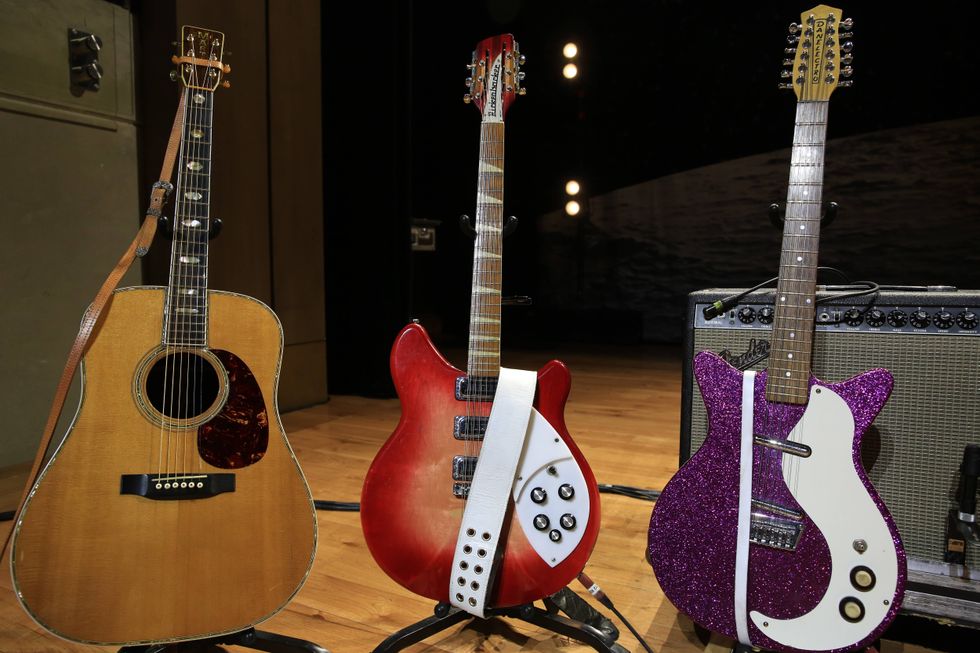
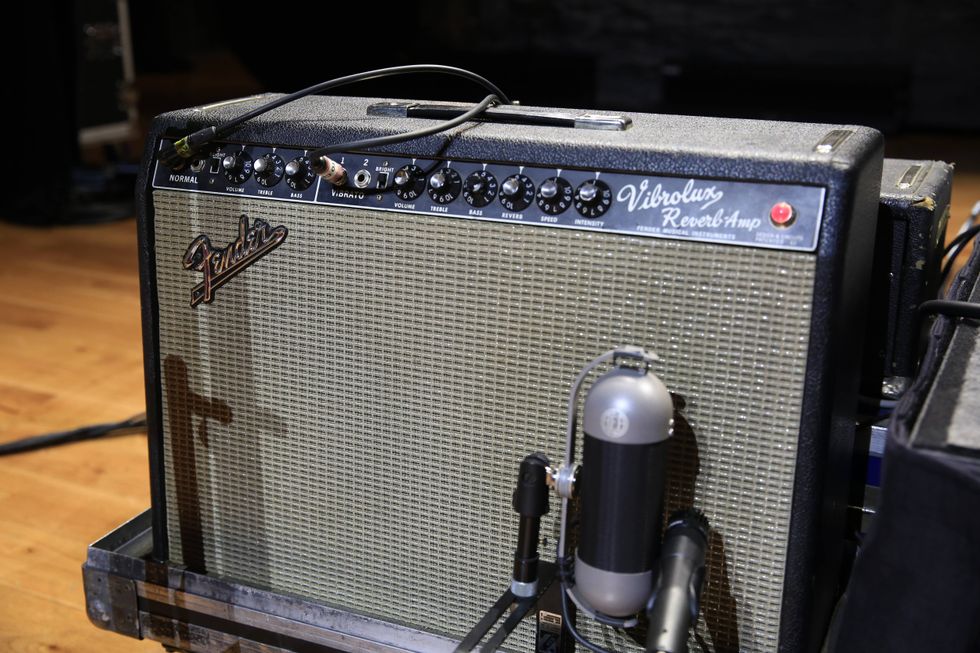
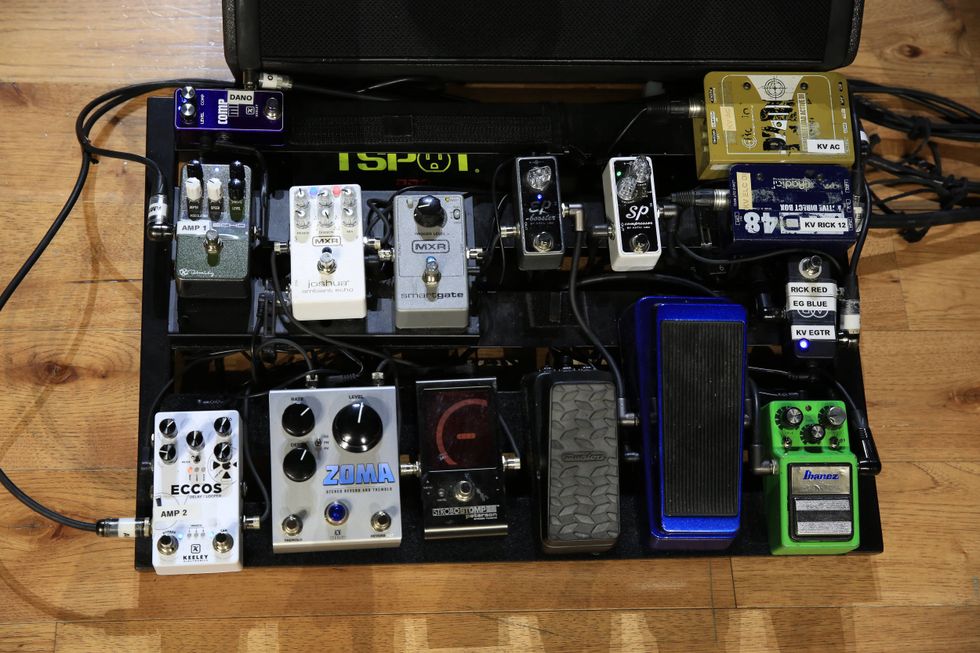

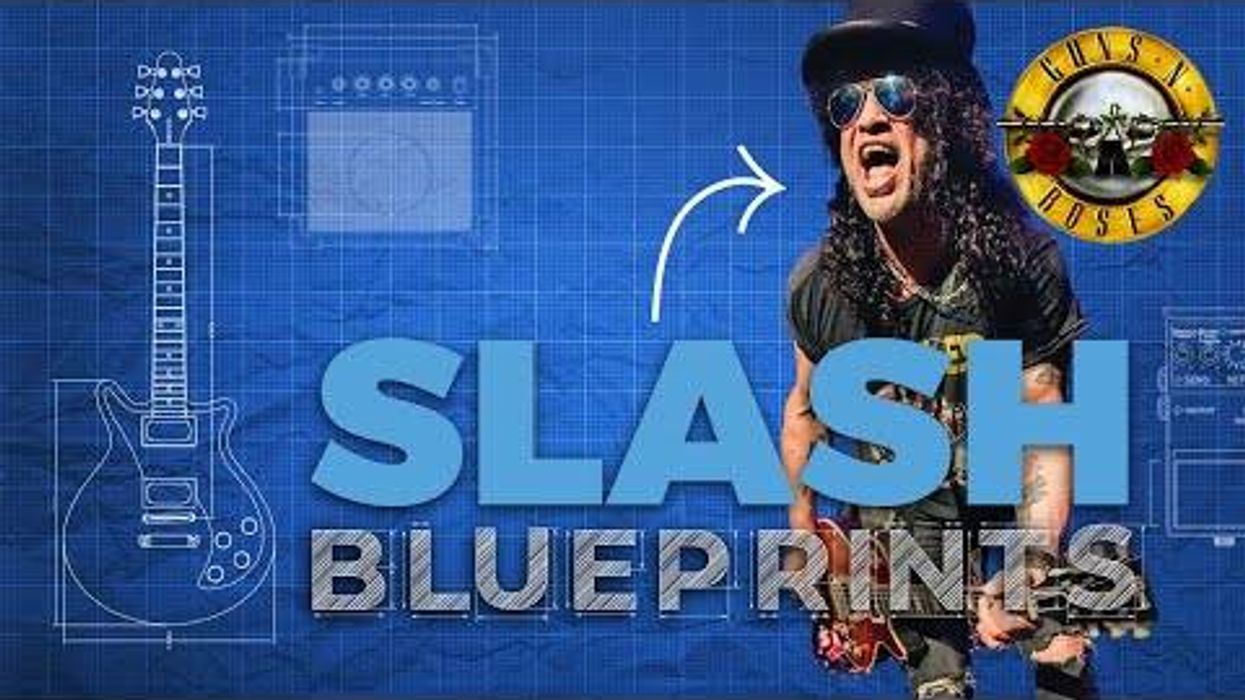
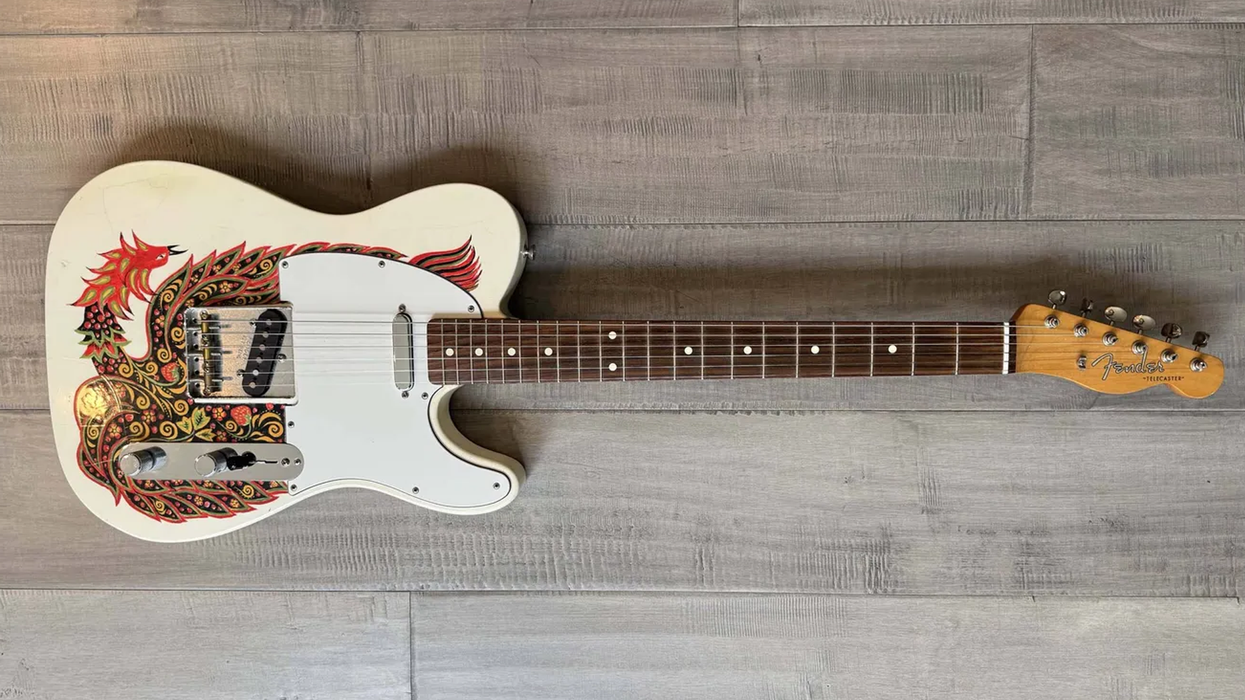
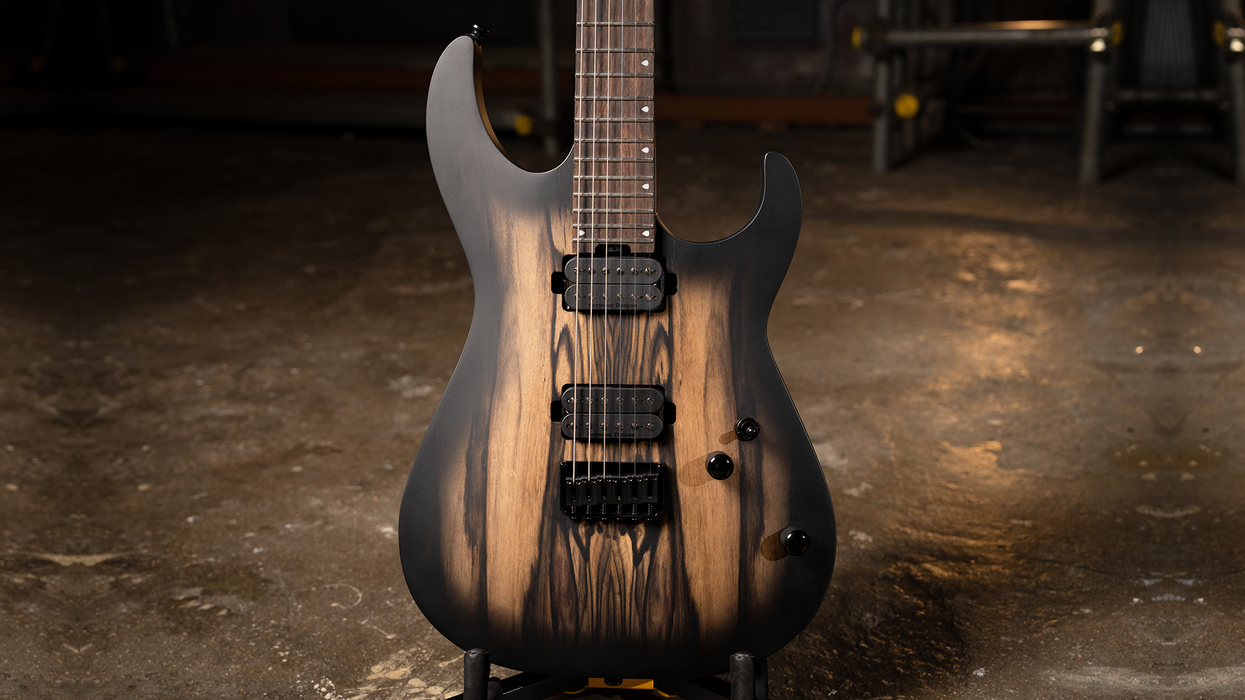
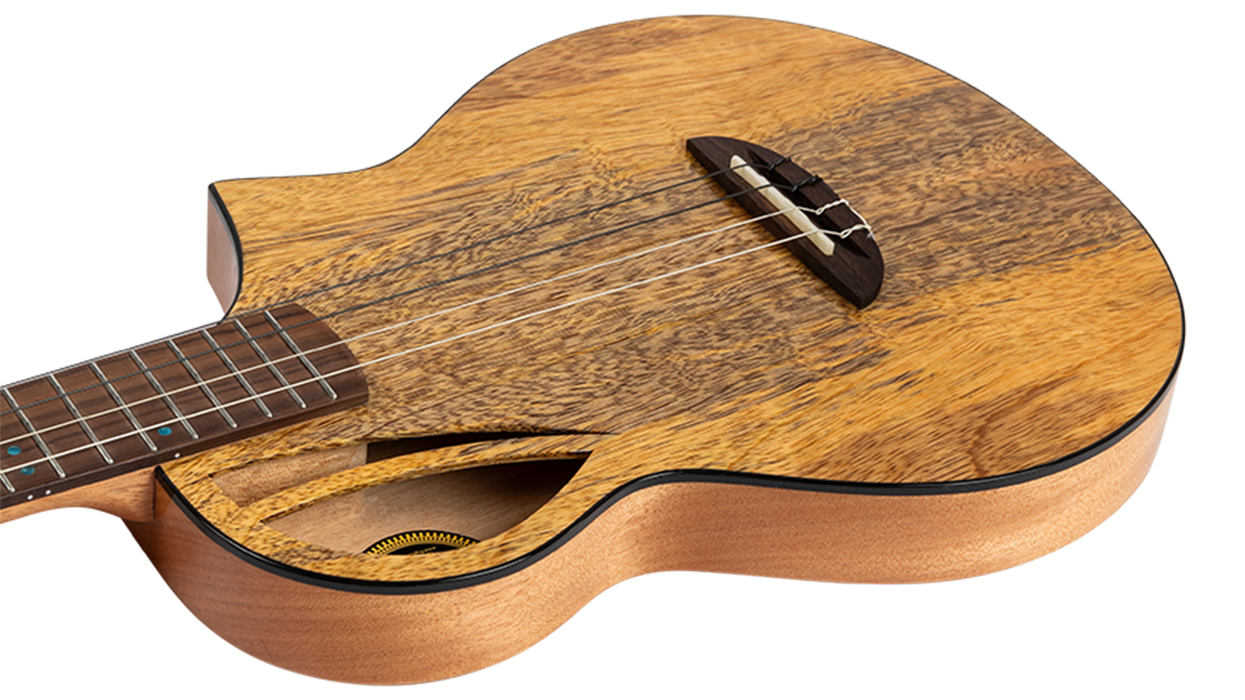

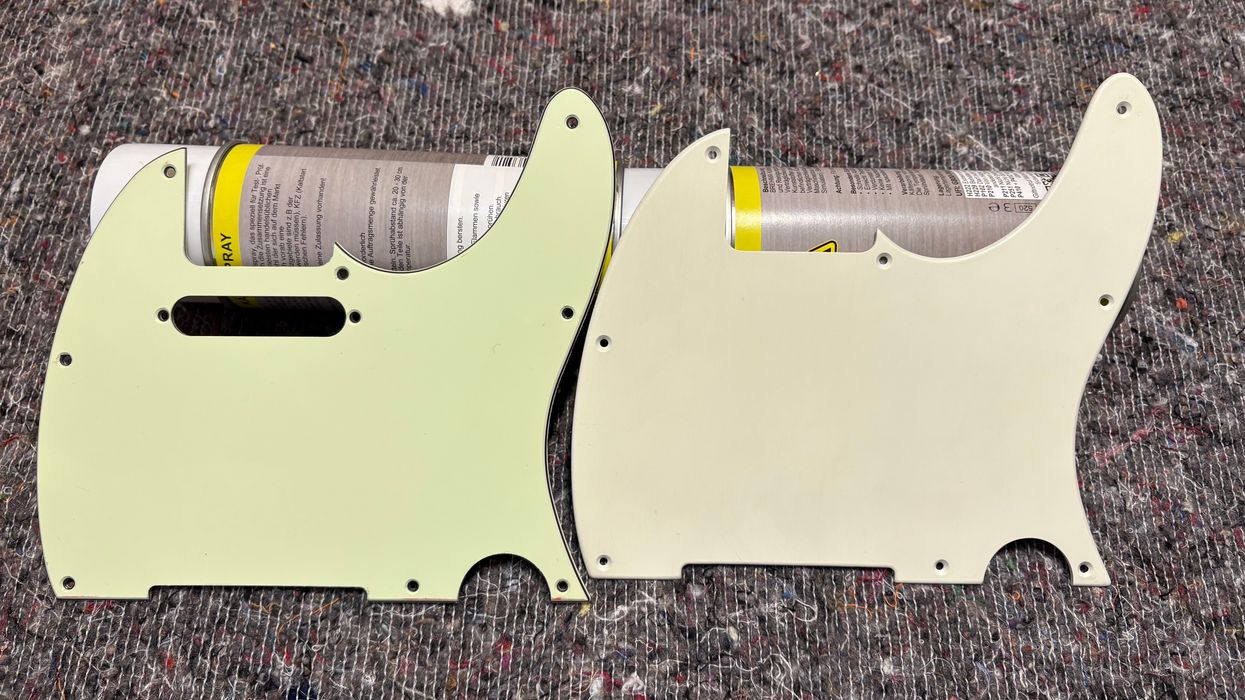











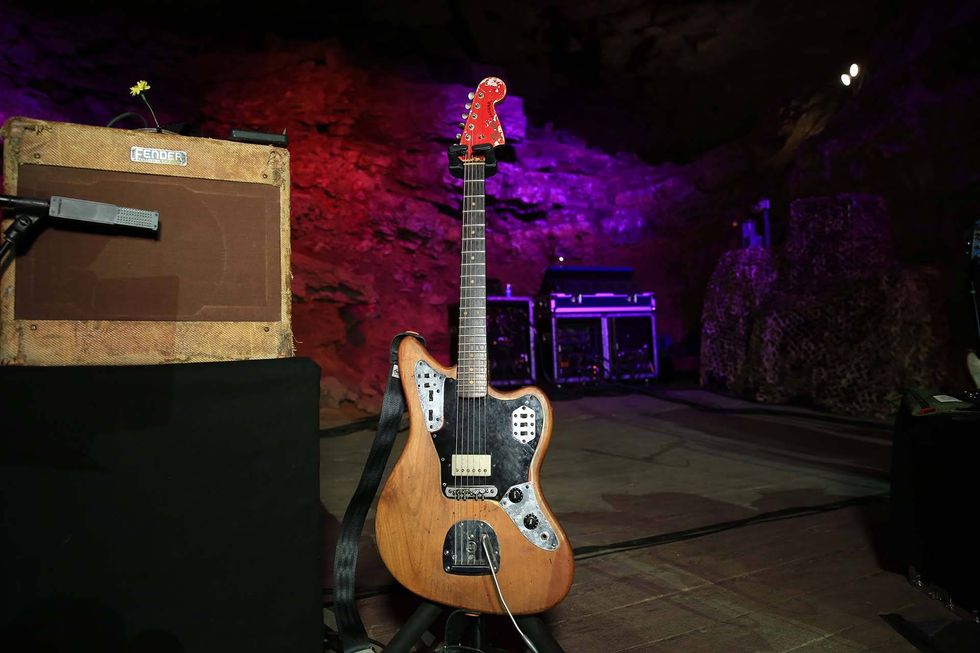
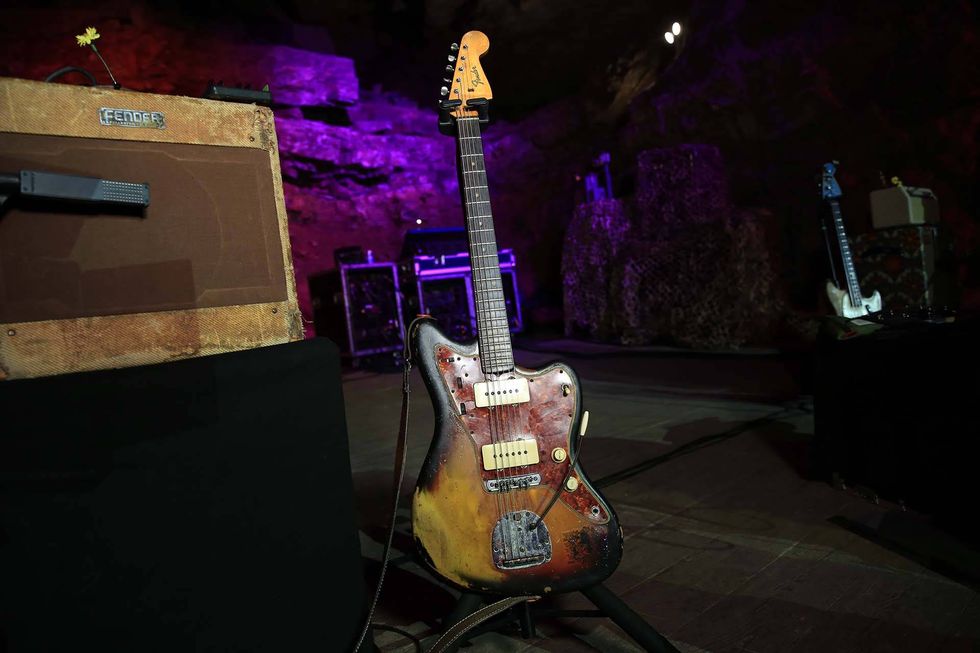
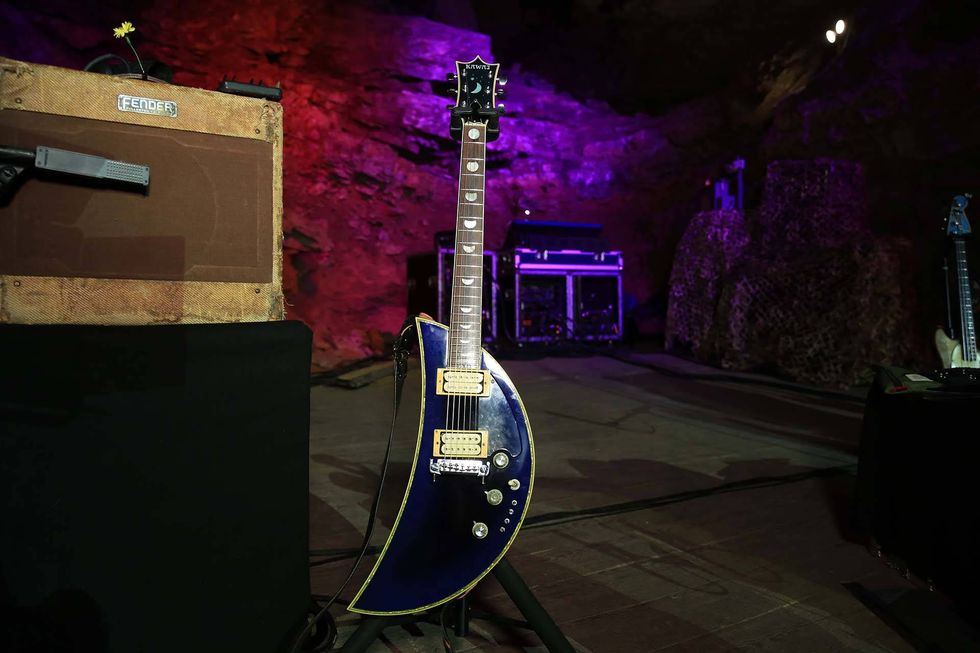
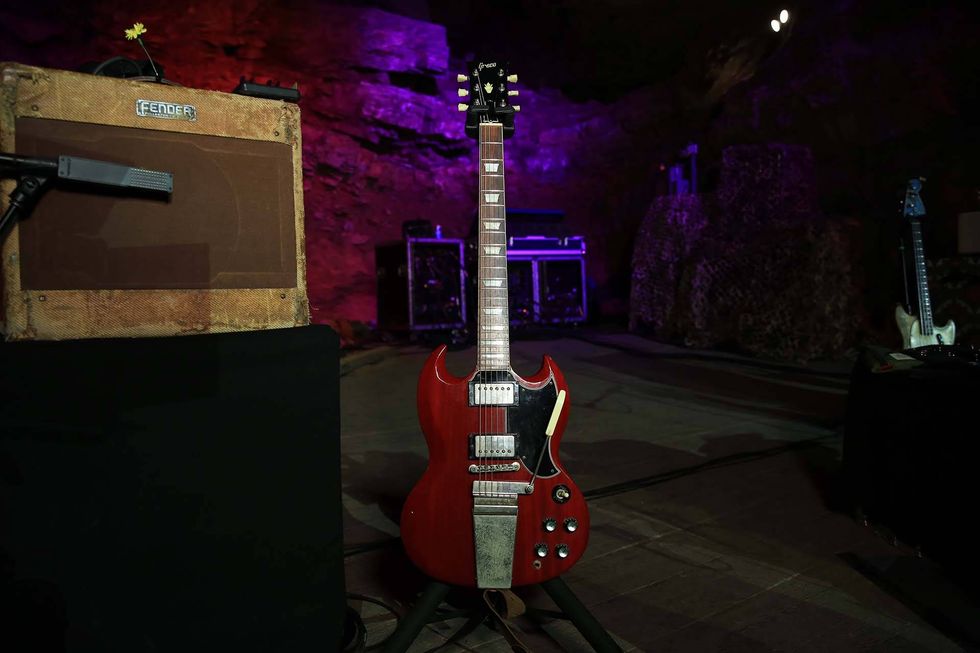
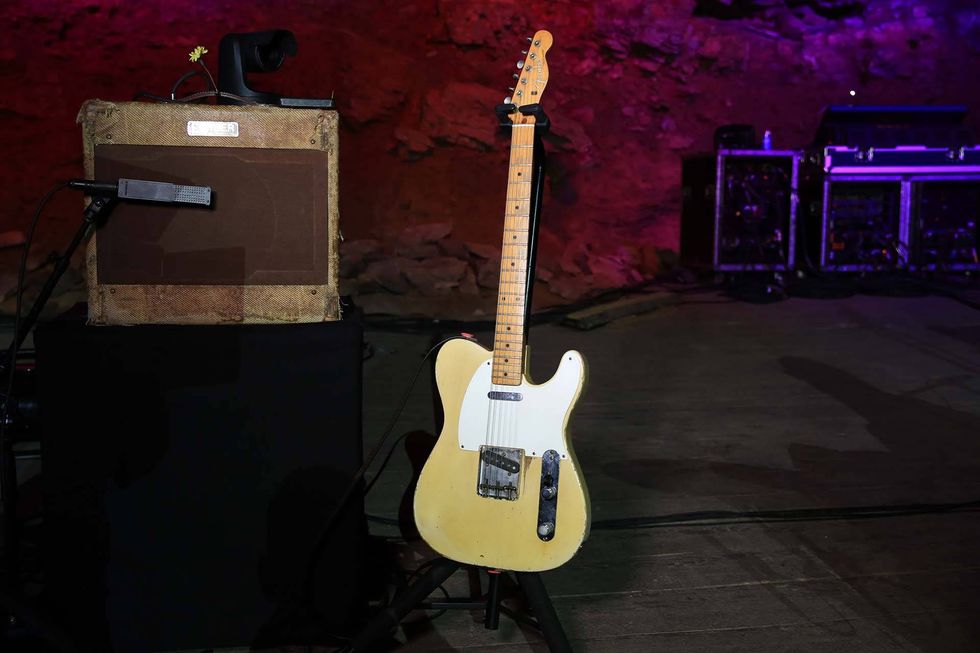
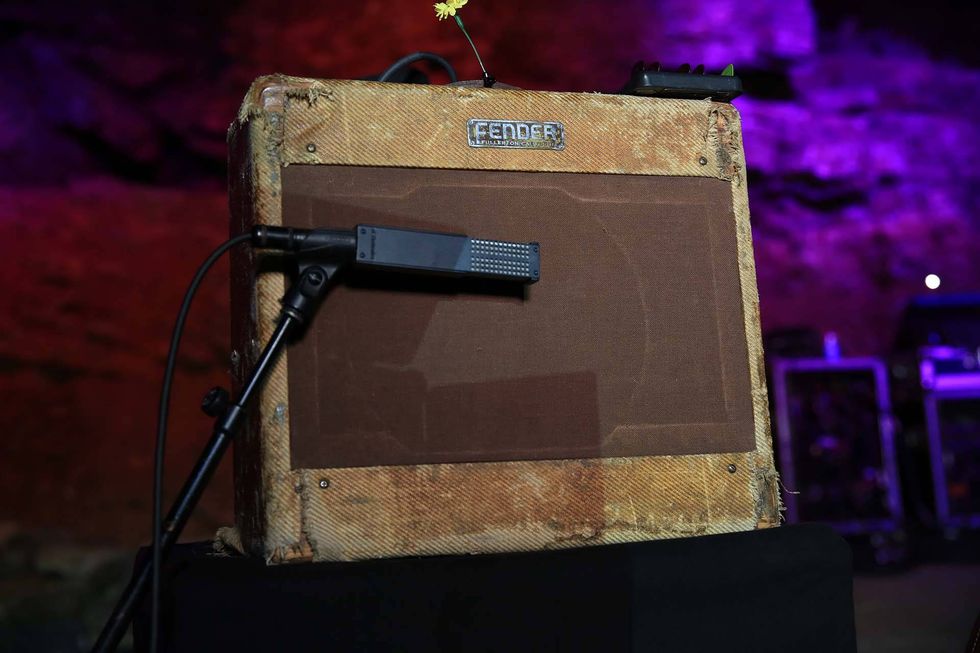
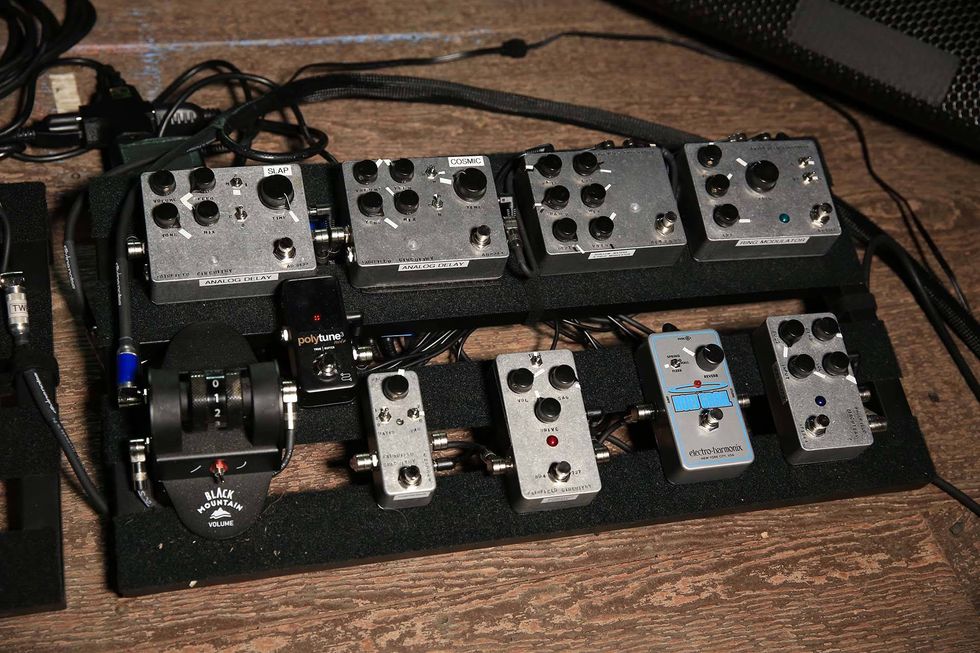
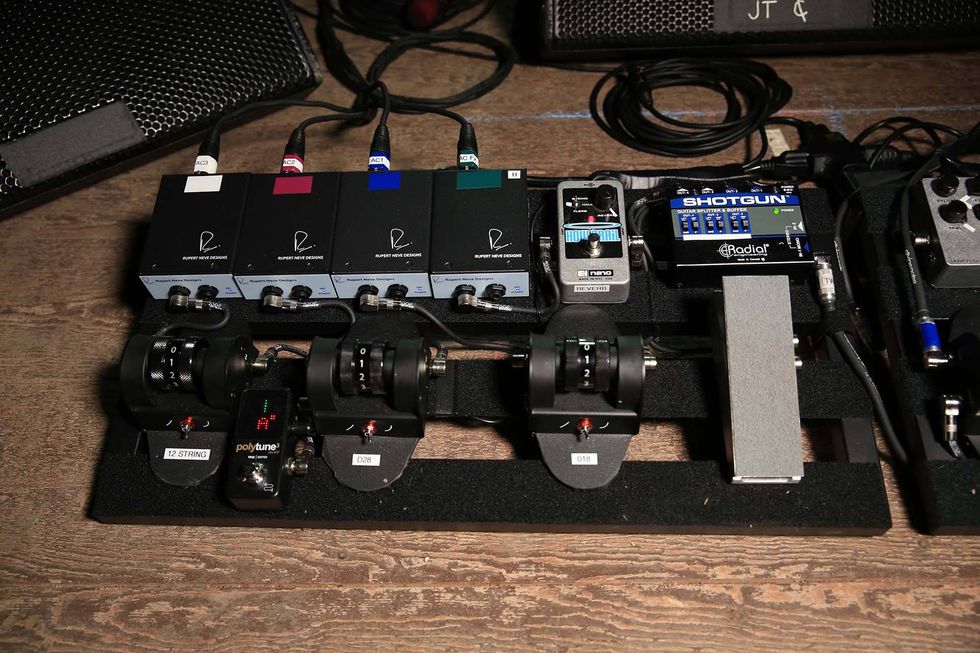

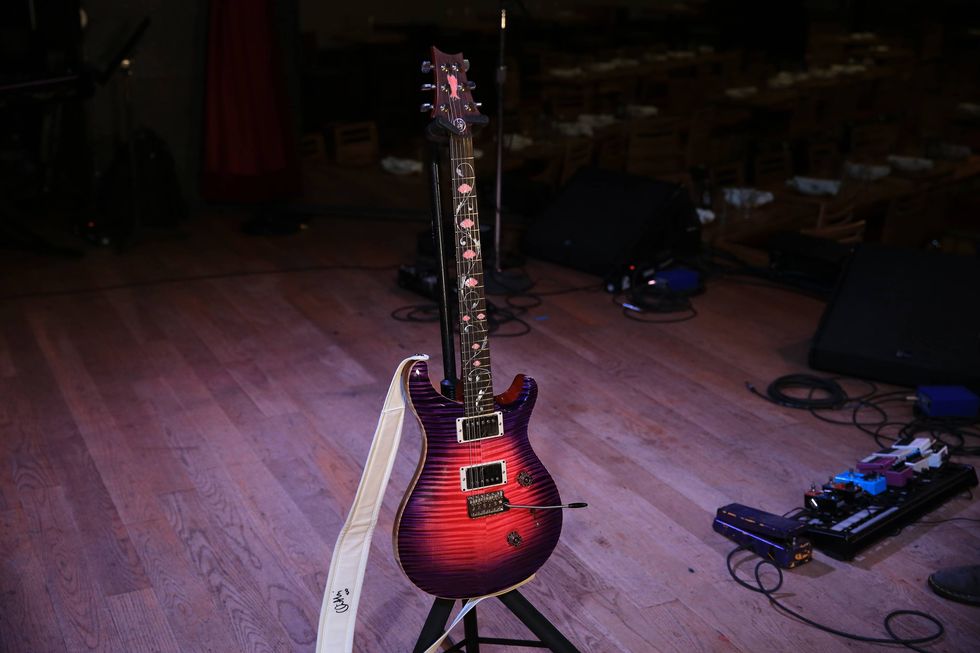
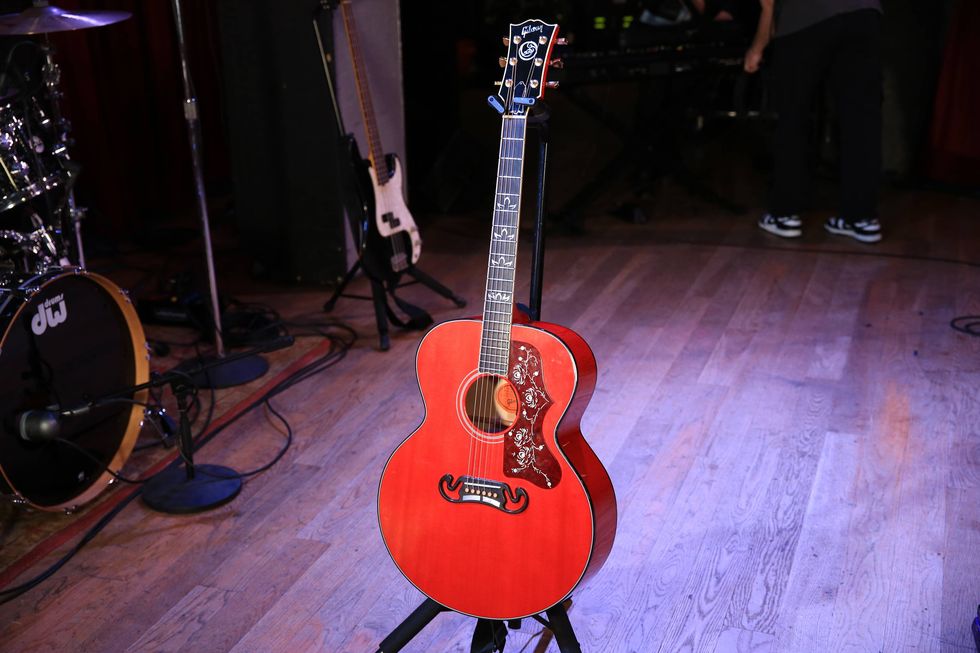
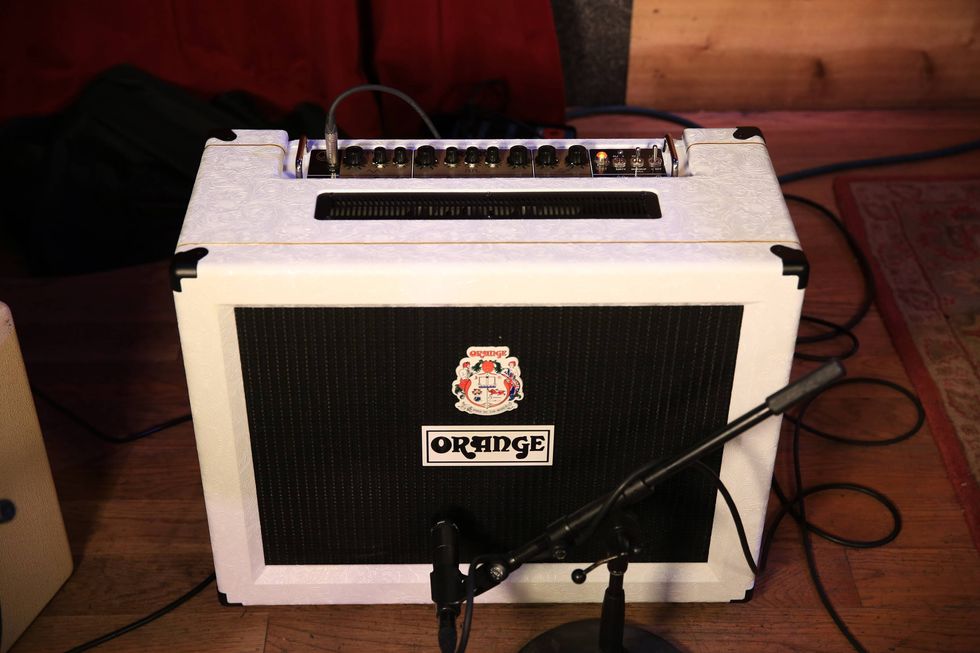
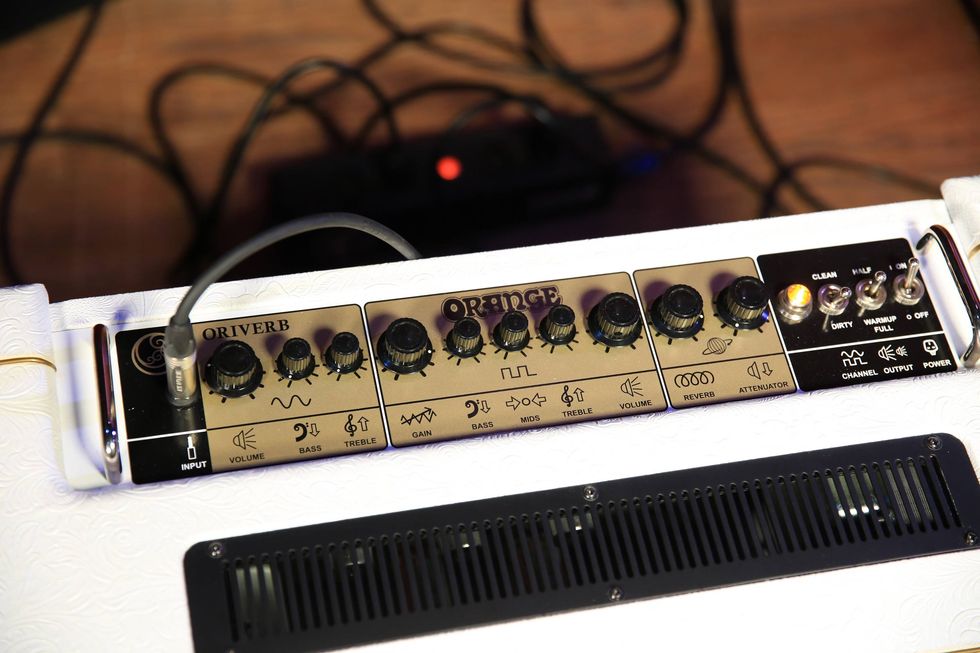
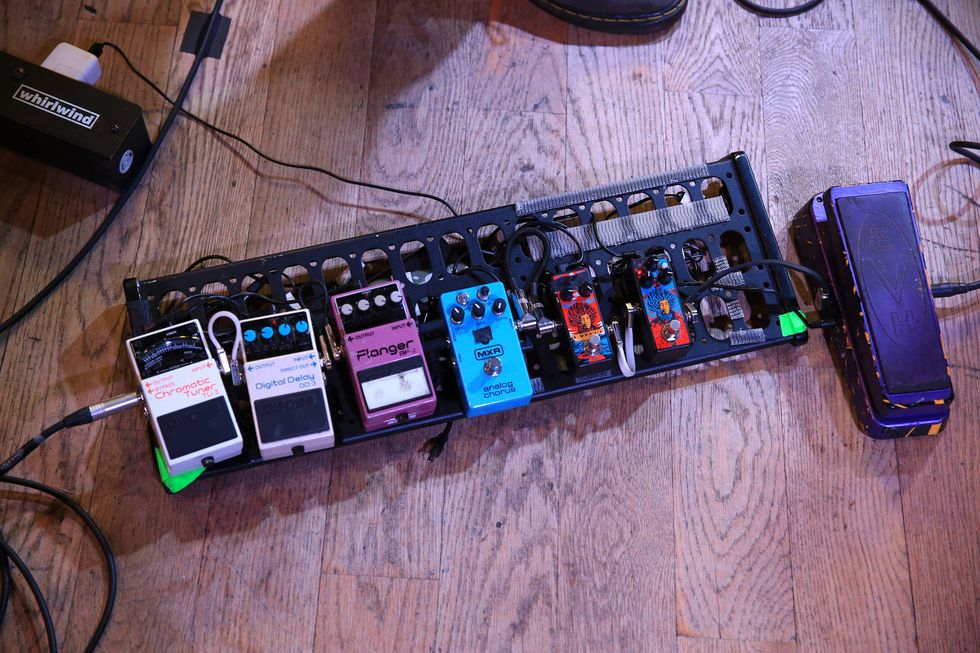

![Rig Rundown: AFI [2025]](https://www.premierguitar.com/media-library/youtube.jpg?id=62064741&width=1245&height=700&quality=70&coordinates=0%2C0%2C0%2C0)











